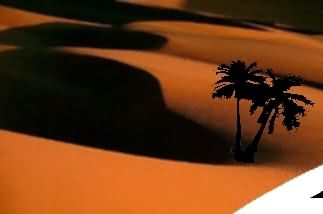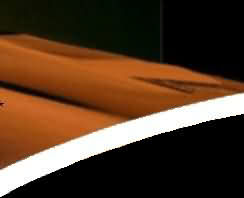





International Symposium on
Drylands Ecology and Human Security


© 2006 NDRD Imprint Disclaimer

|
Traditional Strategies for Soil and Water Conservation in the Maghreb Mediterranean Mountains Mohamed Sabir1 & Eric Roose2 1 National School of Forest Engineers, BP 511, Salé, Morocco Abstract Maghrebian mountains have got a bad reputation concerning erosion. As these semi-arid landscapes are never well covered, rains are erratic and slopes steep are long, gully erosion, landslides and floods may be dramatic during the cool rainy seasons. As long as natural vegetation covers the hill slopes, erosion is relatively moderate, but with successive civilizations, people extended cropping and grazing on the mountains, built cities and roads, provoking high peak flow, degradation of riverbeds and fast siltation of reservoirs. To survive to this increasing aridity, farmers and holders developed numerous traditional strategies to manage scarce water, biomass and soil fertility. In this paper, some examples have been taken in the Maghreb. The systems have been classified in relation to their objectives, their functioning and their ecologic situations:
In semiarid areas, water is one Key for life: most of the traditional SWC systems insure irrigation supplement and soil fertility restoration. Today most of them are abandoned, not because they aren't efficient any more, but because labor is better paid elsewhere. The study of these traditional systems allows us to better comprehend climatic and human conditions of marginal grounds. An effort must be made to complement these well adapted traditional systems with modern technology (fertilization, etc.) in order to improve their economic efficiency. Keywords: Maghreb areas, soil and water conservation structures, traditional systems, cultural practices, ecological classification |